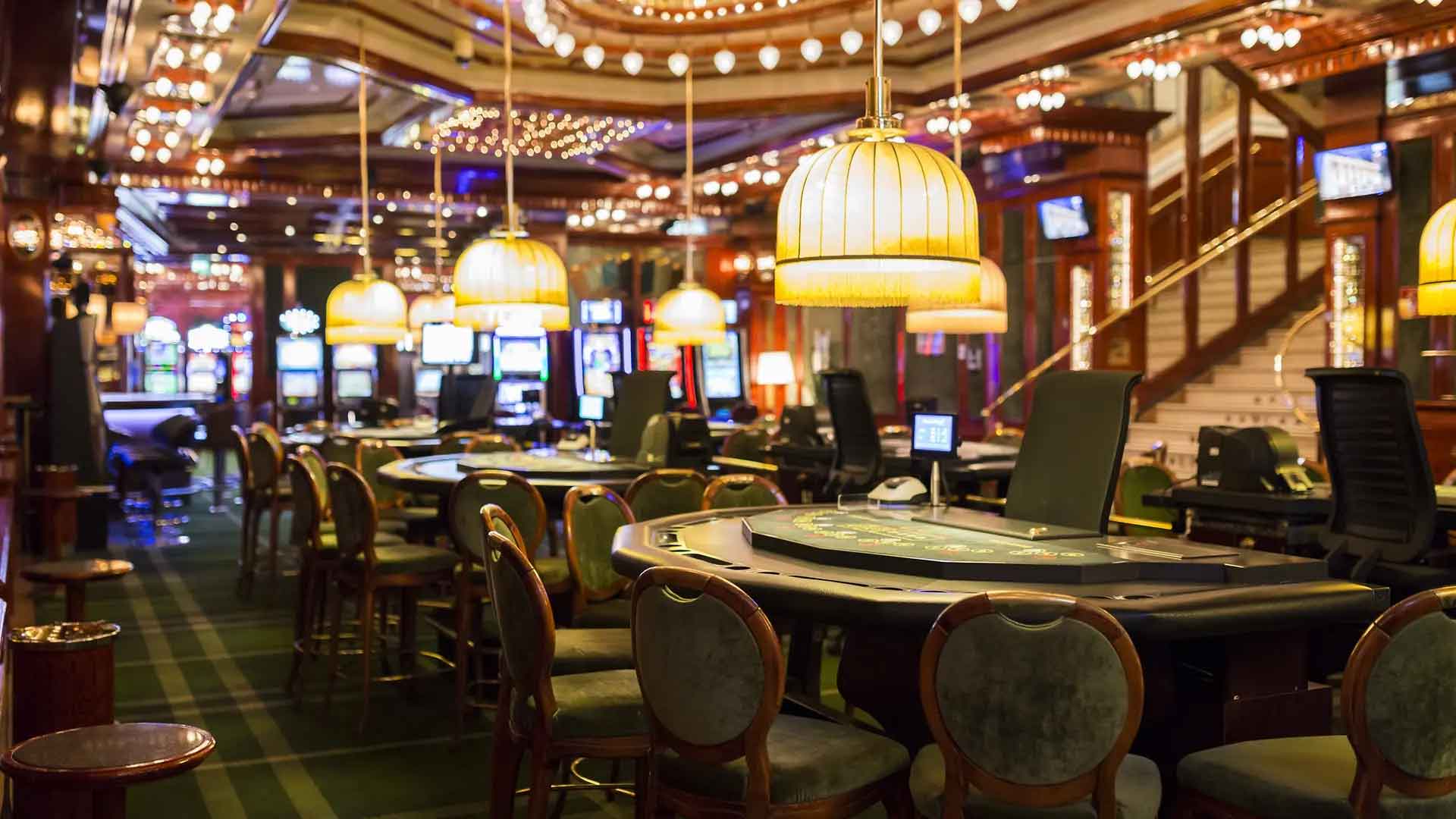The Role of Casinos in Shaping National Identities
The Role of Casinos in Shaping National Identities
Casinos, often perceived as mere entertainment hubs, wield a surprisingly significant influence on shaping national identities. More than just places to gamble, they function as economic engines, cultural melting pots, and sometimes, even symbolic representations of a nation’s values and aspirations. The intricate relationship between casinos and national identity is multifaceted, deserving a closer examination.
One of the most prominent ways casinos impact national identity is through their economic contribution. Revenue generated from gambling taxes and licensing fees often finds its way into public coffers, funding infrastructure projects, education initiatives, and social welfare programs. This injection of capital can contribute to a nation’s overall prosperity and improve the quality of life for its citizens. For example, in countries heavily reliant on tourism, casinos can be a major source of employment, providing jobs for locals and supporting local businesses. The positive economic impact can foster a sense of national pride and unity, as citizens see tangible benefits from the gaming industry.
Furthermore, casinos often become architectural landmarks, contributing to a nation's visual identity. Iconic casino resorts, like those in Las Vegas or Macau, are instantly recognizable and often featured in promotional materials, films, and television shows. These grand structures become symbols of national ambition and innovation, attracting tourists from around the globe and solidifying the country's image as a destination for entertainment and luxury. The design and aesthetics of these casinos can also reflect local cultural influences, further embedding them within the national narrative.
However, the impact of casinos on national identity is not without its complexities. The potential for problem gambling and the associated social costs can present a challenge to a nation’s values. Governments must balance the economic benefits of the industry with the need to protect vulnerable individuals and families. Responsible gambling programs, public awareness campaigns, and stringent regulations are crucial for mitigating the negative impacts and ensuring that the gaming industry operates ethically and sustainably.
Moreover, casinos can sometimes become associated with negative stereotypes, such as corruption, organized crime, and moral decay. This can tarnish a nation’s image and undermine its efforts to promote positive values. It is essential for governments and casino operators to maintain transparency and accountability in all aspects of the industry to prevent these negative associations from taking hold. Strong regulatory frameworks and robust law enforcement are vital for combating illegal activities and ensuring that casinos operate within the bounds of the law.
The cultural influence of casinos can also be a double-edged sword. While they can provide a platform for showcasing local arts, music, and cuisine, they can also contribute to the homogenization of cultures, particularly in tourist destinations. The influx of foreign visitors and the prevalence of international brands can sometimes overshadow local traditions and values. It is important to promote and preserve local culture within the casino environment, ensuring that visitors have opportunities to experience the unique aspects of the nation's heritage. Consider the thrill of winning and the convenience of accessing it all; you can explore more at m88 casino login register online.
In conclusion, the role of casinos in shaping national identities is complex and multifaceted. They can be powerful economic engines, architectural landmarks, and cultural hubs, contributing to a nation's prosperity and image. However, they also pose challenges related to problem gambling, social costs, and the potential erosion of local culture. By carefully managing the gaming industry and implementing responsible policies, governments can harness the positive aspects of casinos while mitigating the negative ones, ensuring that they contribute to a stronger and more vibrant national identity.
Ultimately, the extent to which casinos shape national identity depends on how they are regulated, managed, and integrated into the broader social and cultural landscape. A balanced approach that prioritizes economic benefits, social responsibility, and cultural preservation is essential for ensuring that casinos contribute positively to the nation's identity and its future.
tag: M88,



